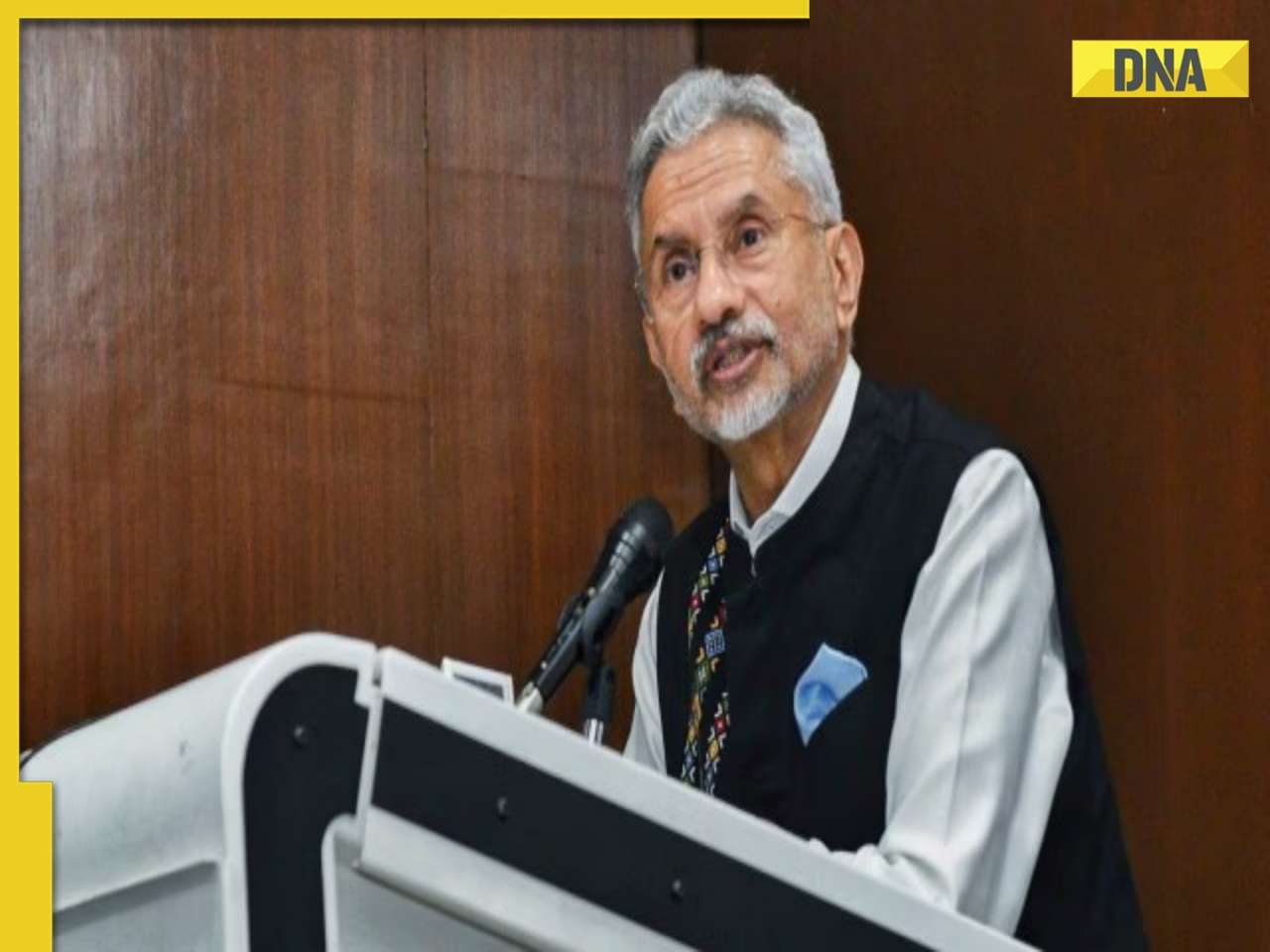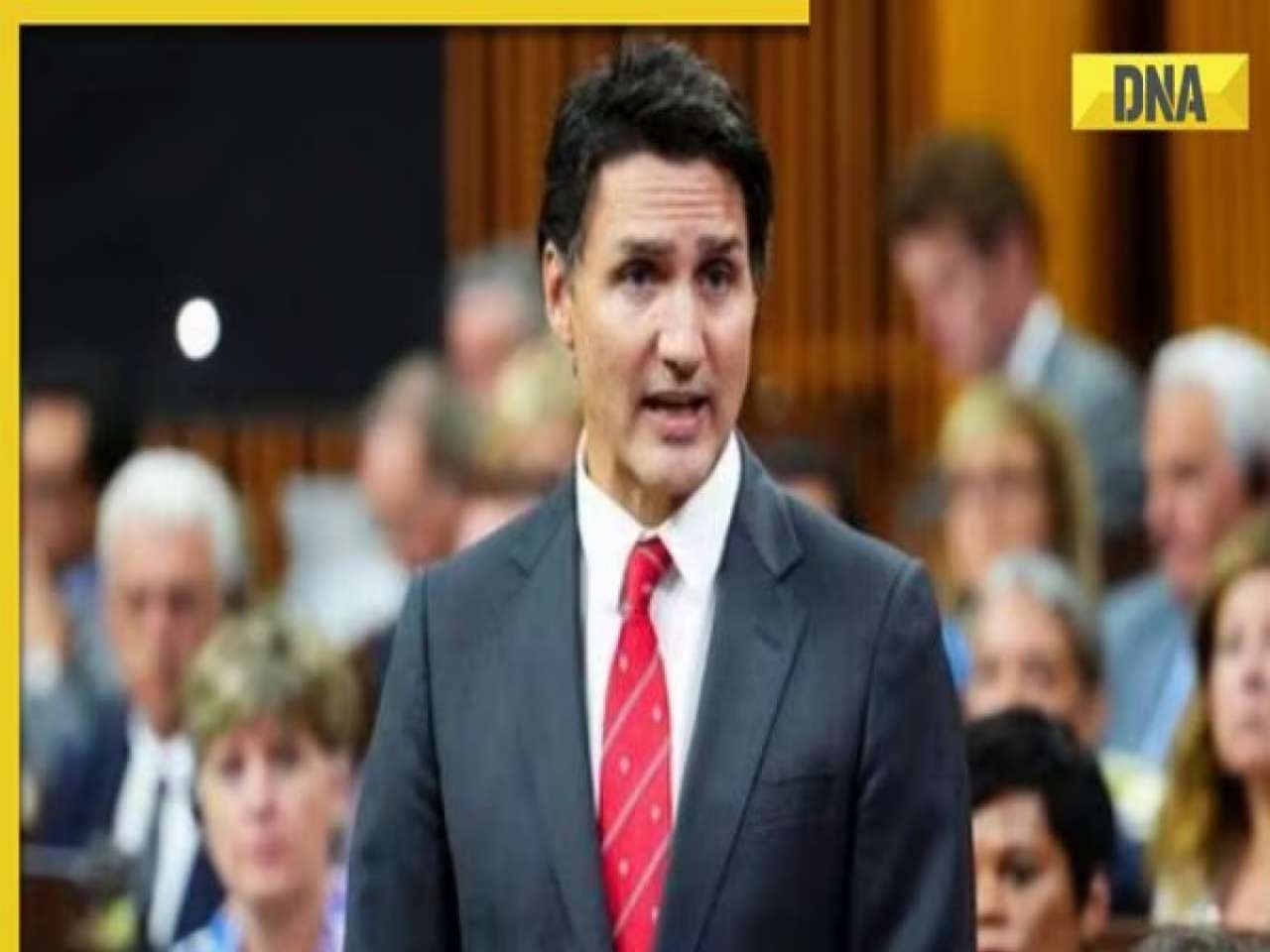President Saparmurat Niyazov, who ruled his gas-rich Central Asian nation with an iron fist for more than 20 years, died early Thursday of a heart attack.
ASHGABAT: Turkmenistan's authoritarian President Saparmurat Niyazov, who ruled his gas-rich Central Asian nation with an iron fist for more than 20 years, died early Thursday of a heart attack, state media announced. He was 66.
"He died in the night due to sudden cardiac arrest," a statement broadcast on national television said.
The screen showed a portrait of Niyazov -- known as Turkmenbashi, or Leader of all Turkmens, and self-proclaimed president for life -- surrounded by a black border against the background of the national flag.
The time of death was given as 1:10 am (2010 GMT Wednesday).
Flags were lowered throughout the capital, all 23 government-owned newspapers halted publication, and the government canceled public New Year's festivities. "We are all in shock," a senior official said.
Analysts forecast a power struggle following the exit of Niyazov, who for two decades built up a full-blown cult of personality, crushed opposition, and turned his largely desert nation of five million people into one of the world's most isolated countries.
With massive natural gas reserves and a strategic location bordering Iran, Afghanistan and the oil-rich Caspian Sea, outside powers -- including China, Russia and the United States -- closely monitor events in the mostly Muslim ex-Soviet republic.
The deputy prime minister, Gurbanguly Berdymukhammedov, who is also health minister, was named interim president, according to state news agency TDH.
Berdymukhammedov's nomination coincided with news that the speaker of parliament -- who would normally become interim leader under the constitution -- was facing a criminal investigation.
An election must now take place within two months, according to the constitution.
As preparations began for the funeral on Sunday in Niyazov's home village of Kipchak, the government put on a calm face, stressing that "the interior and foreign policies of Turkmenistan will be maintained."
However, there were questions about how a country unused to change would react to the sudden power vacuum.
The leader of the exiled Republican Party, Nurmukhammed Khanamov, told RIA Novosti news agency that opposition activists were planning to return home and form "an opposition coalition government".
Another Republican Party figure, Bairam Shikhmuradov, accused the governing elite in Turkmenistan of grabbing power.
"The dictator has not yet been buried and already his successors are violating the constitution. If this goes further, the world will soon get another illegitimate president of Turkmenistan," he said.
Analyst Eduard Poletayev, at the World in Asia journal, predicted turbulent times.
"The traditional ruling system in that state does not foresee picking out a successor from the political elite or from among the ordinary people. That's why I expect some kind of chaos and a political battle, because he didn't leave any successor," he said.
Russian Foreign Minister Sergei Lavrov called for "the transfer of power to be carried out in the framework of the law for the good of Turkmen citizens ... for the good of relations with Russia and for the good of stability in Central Asia."
German Foreign Minister Frank-Walter Steinmeier said that "Russia and the European Union have a very strong interest in the stability of Central Asia."
Turkish Foreign Minister Abdullah Gul also called for calm. "It is very important for us that a country like Turkmenistan, which attracts world attention with its rich natural resources, maintains stability."
Niyazov had long suffered poor health, including heart trouble, but the exact state nature of his ailments -- like most sensitive matters of state -- was kept highly secret.
On October 24 a team of seven medical professionals headed by a German heart specialist declared the Turkmen leader in good health following a regular check-up.
But that month Niyazov issued a rare statement on the subject, saying: "I take medication three times a day because of heart illness."
He underwent a heart bypass operation in Germany in 1997 and in February 2005 he was hospitalised in Ashgabat for what officials described as an eye problem.
One of the ex-Soviet Union's harshest and also most idiosyncratic leaders, Niyazov tolerated no dissent once he cemented power in an unopposed presidential election in 1990. In 1999 he declared himself president for life.
Watchdog groups accused him of crushing the independent media, rigging elections and committing widespread human rights abuses.
Obsessed with personal power, Niyazov made his presence felt in every corner of the country. His likeness was omnipresent, on billboards, the national currency, and even household items ranging from carpets and vodka bottles to his own brand of perfume.
On Ashgabat's main square, a giant golden statue of Niyazov revolves throughout the day to face the sun.
Niyazov even substituted personal symbols for the names of the months and days, with January, for example, named after himself -- Turkmenbashi.
![submenu-img]() 'They unilaterally took some measures': EAM Jaishankar on new Nepal 100 rupee currency
'They unilaterally took some measures': EAM Jaishankar on new Nepal 100 rupee currency![submenu-img]() Meet Ice Cream Lady of India, who built Rs 6000 crore company, started with small investment of Rs…
Meet Ice Cream Lady of India, who built Rs 6000 crore company, started with small investment of Rs…![submenu-img]() ‘Canada a rule-of-law country’: PM Trudeau after 3 Indian arrested over Hardeep Nijjar's murder
‘Canada a rule-of-law country’: PM Trudeau after 3 Indian arrested over Hardeep Nijjar's murder![submenu-img]() Viral video: Specially-abled girl’s energetic dance to Bollywood song wows internet, watch
Viral video: Specially-abled girl’s energetic dance to Bollywood song wows internet, watch![submenu-img]() 'Baap re baap': Imtiaz Ali reveals Diljit Dosanjh was scandalised by old women's 'vulgar' improvisation on Chamkila set
'Baap re baap': Imtiaz Ali reveals Diljit Dosanjh was scandalised by old women's 'vulgar' improvisation on Chamkila set![submenu-img]() DNA Verified: Is CAA an anti-Muslim law? Centre terms news report as 'misleading'
DNA Verified: Is CAA an anti-Muslim law? Centre terms news report as 'misleading'![submenu-img]() DNA Verified: Lok Sabha Elections 2024 to be held on April 19? Know truth behind viral message
DNA Verified: Lok Sabha Elections 2024 to be held on April 19? Know truth behind viral message![submenu-img]() DNA Verified: Modi govt giving students free laptops under 'One Student One Laptop' scheme? Know truth here
DNA Verified: Modi govt giving students free laptops under 'One Student One Laptop' scheme? Know truth here![submenu-img]() DNA Verified: Shah Rukh Khan denies reports of his role in release of India's naval officers from Qatar
DNA Verified: Shah Rukh Khan denies reports of his role in release of India's naval officers from Qatar![submenu-img]() DNA Verified: Is govt providing Rs 1.6 lakh benefit to girls under PM Ladli Laxmi Yojana? Know truth
DNA Verified: Is govt providing Rs 1.6 lakh benefit to girls under PM Ladli Laxmi Yojana? Know truth![submenu-img]() Streaming This Week: Heeramandi, Shaitaan, Manjummel Boys, latest OTT releases to binge-watch
Streaming This Week: Heeramandi, Shaitaan, Manjummel Boys, latest OTT releases to binge-watch![submenu-img]() Remember Ayesha Kapur? Michelle from Black, here's how actress, nutrition coach, entrepreneur looks after 19 years
Remember Ayesha Kapur? Michelle from Black, here's how actress, nutrition coach, entrepreneur looks after 19 years![submenu-img]() Remember Heyy Babyy's cute 'Angel' Juanna Sanghvi? 20 year-old looks unrecognisable now, fans say 'her comeback will...'
Remember Heyy Babyy's cute 'Angel' Juanna Sanghvi? 20 year-old looks unrecognisable now, fans say 'her comeback will...'![submenu-img]() In pics: Arti Singh stuns in red lehenga as she ties the knot with beau Dipak Chauhan in dreamy wedding
In pics: Arti Singh stuns in red lehenga as she ties the knot with beau Dipak Chauhan in dreamy wedding![submenu-img]() Actors who died due to cosmetic surgeries
Actors who died due to cosmetic surgeries![submenu-img]() DNA Explainer: Why Harvey Weinstein's rape conviction was overturned, will beleaguered Hollywood mogul get out of jail?
DNA Explainer: Why Harvey Weinstein's rape conviction was overturned, will beleaguered Hollywood mogul get out of jail?![submenu-img]() What is inheritance tax?
What is inheritance tax?![submenu-img]() DNA Explainer: What is cloud seeding which is blamed for wreaking havoc in Dubai?
DNA Explainer: What is cloud seeding which is blamed for wreaking havoc in Dubai?![submenu-img]() DNA Explainer: What is Israel's Arrow-3 defence system used to intercept Iran's missile attack?
DNA Explainer: What is Israel's Arrow-3 defence system used to intercept Iran's missile attack?![submenu-img]() DNA Explainer: How Iranian projectiles failed to breach iron-clad Israeli air defence
DNA Explainer: How Iranian projectiles failed to breach iron-clad Israeli air defence![submenu-img]() 'Baap re baap': Imtiaz Ali reveals Diljit Dosanjh was scandalised by old women's 'vulgar' improvisation on Chamkila set
'Baap re baap': Imtiaz Ali reveals Diljit Dosanjh was scandalised by old women's 'vulgar' improvisation on Chamkila set![submenu-img]() This actor, who worked with Karan Johar and Farhan Akhtar, gave superhit shows, saw failed marriage, killed himself at..
This actor, who worked with Karan Johar and Farhan Akhtar, gave superhit shows, saw failed marriage, killed himself at..![submenu-img]() Did you know Ranveer Singh's grandmother was popular actress? Worked with Raj Kapoor; her career affected due to...
Did you know Ranveer Singh's grandmother was popular actress? Worked with Raj Kapoor; her career affected due to...![submenu-img]() India's highest-paid TV actress began working at 8, her Bollywood films flopped, was seen in Bigg Boss 1, now charges...
India's highest-paid TV actress began working at 8, her Bollywood films flopped, was seen in Bigg Boss 1, now charges...![submenu-img]() Shreyas Talpade wonders if his heart attack was due to Covid vaccine: 'We don’t know what we have taken inside...'
Shreyas Talpade wonders if his heart attack was due to Covid vaccine: 'We don’t know what we have taken inside...'![submenu-img]() IPL 2024: Faf du Plessis, Virat Kohli help Royal Challengers Bengaluru defeat Gujarat Titans by 4 wickets
IPL 2024: Faf du Plessis, Virat Kohli help Royal Challengers Bengaluru defeat Gujarat Titans by 4 wickets![submenu-img]() IPL 2024: Why is Sai Kishore not playing today's RCB vs GT match?
IPL 2024: Why is Sai Kishore not playing today's RCB vs GT match?![submenu-img]() 'Mumbai Indians ki kahani khatam': Ex-India star slams Hardik Pandya after MI's loss to KKR at Wankhede
'Mumbai Indians ki kahani khatam': Ex-India star slams Hardik Pandya after MI's loss to KKR at Wankhede![submenu-img]() LSG vs KKR, IPL 2024: Predicted playing XI, live streaming details, weather and pitch report
LSG vs KKR, IPL 2024: Predicted playing XI, live streaming details, weather and pitch report![submenu-img]() LSG vs KKR IPL 2024 Dream11 prediction: Fantasy cricket tips for Lucknow Super Giants vs Kolkata Knight Riders
LSG vs KKR IPL 2024 Dream11 prediction: Fantasy cricket tips for Lucknow Super Giants vs Kolkata Knight Riders![submenu-img]() Viral video: Specially-abled girl’s energetic dance to Bollywood song wows internet, watch
Viral video: Specially-abled girl’s energetic dance to Bollywood song wows internet, watch![submenu-img]() Viral video: Man educates younger brother about mensuration, internet is highly impressed
Viral video: Man educates younger brother about mensuration, internet is highly impressed![submenu-img]() Girl's wedding dance to Haryanvi song interrupted by mother in viral video, internet reacts
Girl's wedding dance to Haryanvi song interrupted by mother in viral video, internet reacts![submenu-img]() Viral video: Man fearlessly grabs dozens of snakes, internet is scared
Viral video: Man fearlessly grabs dozens of snakes, internet is scared![submenu-img]() This mysterious mobile phone number was suspended after three users...
This mysterious mobile phone number was suspended after three users...

















































)
)
)
)
)
)